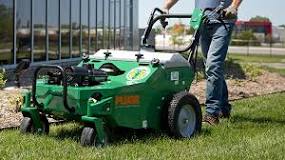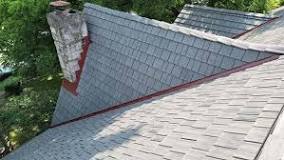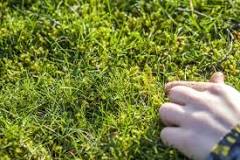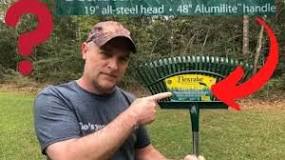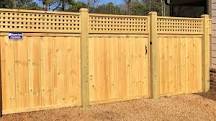So, should you rake leaves off moss? Yes, but with some caveats. While it’s generally a good idea to remove leaves to prevent mold and decay, you also want to be careful not to damage the moss itself. Let’s dig a little deeper into this topic.
Why You Might Want to Rake
Preventing Mold and Decay
Leaves can trap moisture, creating a cozy environment for mold and fungi. If you let those leaves sit too long, you might end up with a mushy mess that can harm the moss underneath.
Encouraging Healthy Growth
Moss thrives in well-aerated conditions. By raking off the leaves, you allow sunlight and air to reach the moss, promoting healthy growth. Plus, who doesn’t want their garden looking fresh and tidy?
Why You Might Not Want to Rake
Risk of Damage
Moss is delicate. If you’re too aggressive with your raking, you might tear it up or disturb its roots. It’s like trying to comb through tangled hair—gentleness is key!
Natural Habitat
Leaves can provide a natural habitat for beneficial insects and even help retain moisture in your garden. So, if your moss is thriving under a leaf blanket, maybe it’s best to leave it alone.
Finding the Balance
The trick is to find a balance between keeping your garden tidy and protecting your moss. If the leaves are piling up and creating a soggy mess, go ahead and rake gently. Just be sure to use a light touch and maybe even consider using your hands instead of a rake for those delicate spots.
Summary
In conclusion, raking leaves off moss can be beneficial for preventing mold and encouraging growth, but it’s crucial to do it carefully to avoid damaging the moss itself. A gentle approach is always best!
FAQ
How often should I rake leaves off my moss?
It really depends on your environment. If you live in a windy area or have lots of trees, you might need to rake more often—maybe every couple of weeks during peak fall season.
Can I just leave the leaves there?
Sure! If the leaves aren’t too thick and your moss seems happy, leaving them can actually help retain moisture and provide habitat for beneficial critters.
What tools should I use for raking?
A lightweight rake or even your hands can work wonders! Just make sure whatever you use is gentle enough not to damage the moss.
Will my moss die if I rake too hard?
Unfortunately, yes. Moss can be quite sensitive. If you’re too rough, you risk tearing it up or disturbing its roots, which could lead to patches dying off.
Is there a best time of year to rake leaves off moss?
Fall is usually the prime time since that’s when most leaves drop. However, keep an eye on how your moss is doing throughout the year; if it looks smothered at any point, it might be time for some gentle raking.

